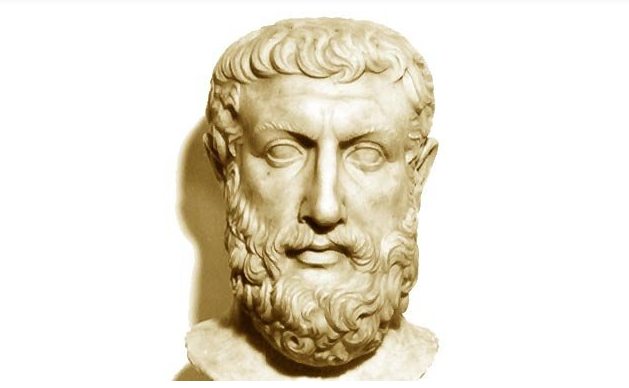There are several branches of philosophy, two of which are ontology and epistemology. Ontology is the study of a thing’s essential nature and epistemology is the study of what we can know about a thing (or what we can know more generally). They are both sub-disciplines of philosophy. So, for example, “what is God like?” is an ontological question and “is it possible to have a direct experience of God?” would be an epistemological question. Let’s talk about Ontology and Epistemology.
What is Epistemology?
Epistemology is the philosophical study of the nature, origin, and limits of human knowledge. The term is derived from the Greek epistēmē (“knowledge”) and logos (“reason”), and accordingly the field is sometimes referred to as the theory of knowledge. Epistemology has a long history within Western philosophy, beginning with the ancient Greeks and continuing to the present. Along with metaphysics, logis, and ethics, it is one of the four main branches of philosophy, and nearly every great philosopher has contributed to it.

In other words, Epistemology is concerned with the nature, scope, and limits of knowledge. It investigates the nature of knowledge, how it is acquired, and the criteria for distinguishing between justified belief and opinion. It explores questions about what knowledge is, how it is acquired, and how we can be certain about what we claim to know.
Epistemological questions include inquiries such as: What is knowledge? How is knowledge different from belief? What are the sources of knowledge? How do we justify our beliefs? Epistemology is also called theory of knowledge.
Epistemological questions might involve examining whether knowledge is primarily derived from sensory experience (empiricism) or from reason and intuition (rationalism), or how we can distinguish between reliable and unreliable sources of information.
What is Ontology?
Ontology is the branch of philosophy concerned with the nature of being, existence, or reality. It explores questions about what entities exist, what their properties are, and how they relate to each other. In other words, it focuses on the study of existence and reality. It examines the fundamental categories of being, such as objects, properties, events, and relationships. Etymologically, the word ”ontology” comes from the Greek ontos, meaning ”being.”
Ontological questions include inquiries about the nature of reality, such as: What exists? What is the nature of existence? What are the fundamental building blocks of reality? Ontology splits everything that exists or could exist into two major categories: concrete entities and abstract entities. Concrete entities are usually easy to understand and easy to prove the existence of. Water, humans, the moon, and ice cream are all examples of concrete entities. Abstract entities, on the other hand, are conceptual and include things like emotions, gods, and dreams.
Ontological questions might involve debating whether abstract concepts like numbers and ideas exist independently of human minds, or whether only physical objects are real.
Ontology vs Epistemology: Key Differences
| Basis of Comparison | Ontology | Epistemology |
| Focus | Nature of existence, reality | Nature, scope, and limits of knowledge |
| Core Questions | What exists? What is the nature of reality? | What is knowledge? How is knowledge acquired? |
| Inquiry | Deals with being and existence itself | Deals with the nature and justification of knowledge |
| Example | Debates about the existence of abstract entities | Discussions on how sensory perception contributes to knowledge |
| Central Concern | The study of what is | The study of how we know what is |
| Scope | Explores the fundamental categories of being | Explores the sources, structure, and limits of knowledge |
| Justification | Concerned with the justification of existence | Concerned with the justification of beliefs and knowledge |
| Relationship | Provides the foundation for epistemology | Epistemology depends on ontology for its inquiries |
Key Takeaways: Ontology and epistemology
Epistemology answers the questions relating to the scope and methods of knowing. For example, how we distinguish fact from fiction or opinion is epistemological. Some opinions are fact, while some facts are fallible upon further examination.
Ontology is concerned with the nature of being, existence, or reality. It’s the part of metaphysics that deals with the existence, nature, and causation of things. For example, to say that something exists or does not exists is ontological.
Whereas the meaning of ontology and epistemology is generally accepted, the distinction and the
relationship between ontology and epistemology, particularly in postmodern times, are
contentious and contested, especially by interpretivists, constructivists and scholars of
hermeneutics because the terms as used today do not mean the same as they meant 200 years ago.